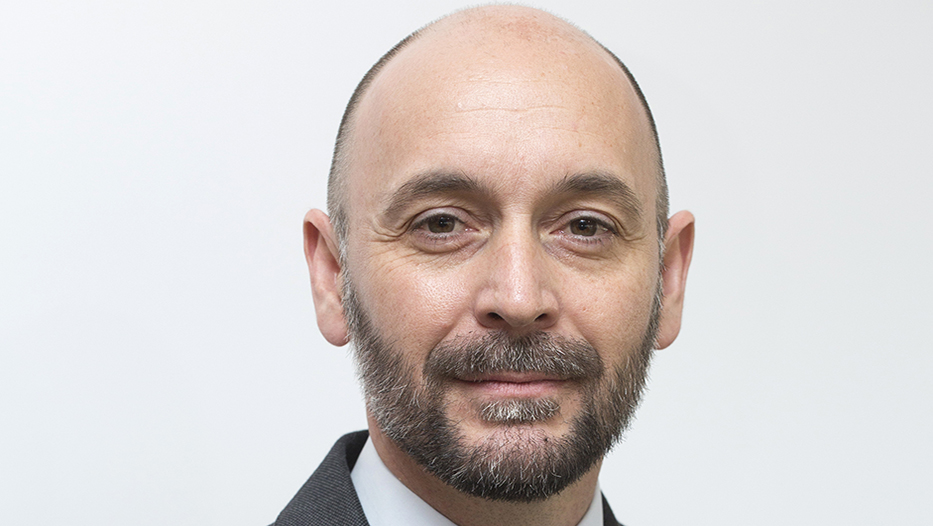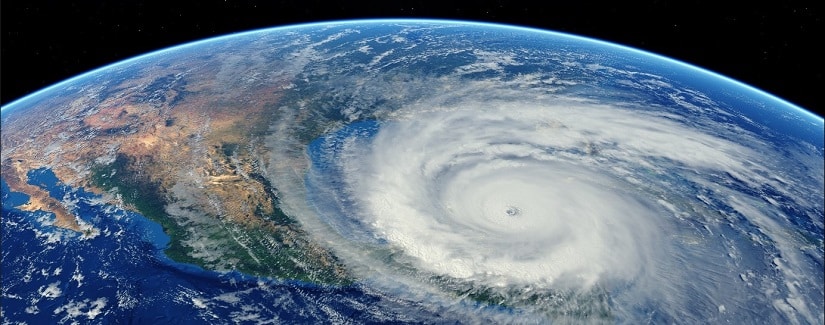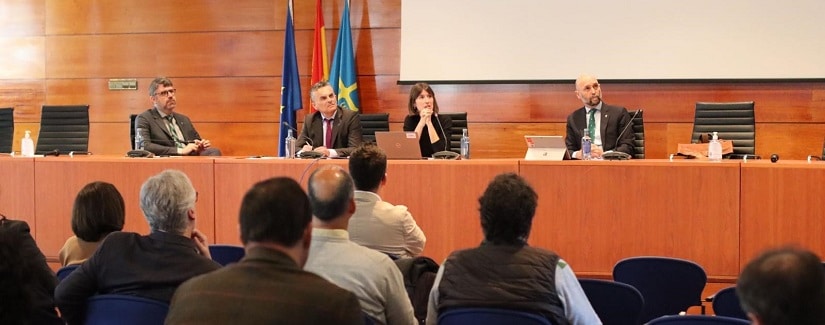1. You were named CEO of MAPFRE Global Risks at the beginning of this year. Could you summarize your professional career at MAPFRE?
After studying at the Universidad Pontificia de Salamanca to get my degree in Business Administration, I joined MAPFRE RE in 1994.
In 2003 I was put in charge of the MAPFRE RE office in Chile, and in 2009 I led MAPFRE RE operations in Brazil after the end of the reinsurance monopoly that existed at the time in the market. In 2014 I combined this work with the management of MAPFRE RE in Argentina. In mid-2015 I returned to Madrid as Regional Director for LATAM and Underwriting Director for Facultative Insurance at MAPFRE RE.
I January 2016 I joined MAPFRE Global Risks as Chief Operating Officer and member of the Board of Directors, and I’ve been CEO of the company since January 2019.
2. How would you define the role of the Global Risks Unit within the MAPFRE Group?
MAPFRE has four Business Units: Direct Insurance, Assistance, Reinsurance, and Global Risks. The Global Risks Unit is the Group’s Unit that specializes in providing comprehensive insurance solutions to large companies, multinational companies, and to companies with global activity sectors. To carry out this function, the Global Risks Unit manages all of the large risk business at MAPFRE in coordination with the Group’s direct insurance companies in the different countries, and with MAPFRE RE, which provides the necessary reinsurance coverage.
3. Which markets are you going to focus your efforts on in the short and medium term?
MAPFRE Global Risks is exclusively oriented towards large risk clients in the markets where MAPFRE operates. That is why our activity is focused on those markets where MAPFRE has an insurance presence, particularly in IBERIA and Latin America, where MAPFRE is the leader in this client segment. We’re also growing the large risks business in Turkey.
4. Which global risks sectors are you carrying out your insurance activity in? What is your strategy in that regard?
Our highly specialized teams at MAPFRE Global Risks enable us to meet the different insurance needs of our large clients in the Property, Third Party Liability, Engineering, and Transportation sectors. Normally, damage coverages produce the highest premium volume, as is reflected in our portfolio, but there is a clear opportunity for diversification in the short term, always aiming to provide a comprehensive offer that covers all of the insurance needs of MAPFRE clients.
5. In your opinion, which elements do the risk managers at large companies value the most when looking for insurance solutions?
The figure of the risk manager and their team are very important in the global risks business. Risk managers are responsible for the risk culture at their companies, which stems from their boards of directors, and they define the policies to ensure that culture. Trust, a stable, long-term relationship, constant contact with the Global Risks Unit teams that manage their insurance programs, the network associated with their insurance, and excellence in the quality of service are the elements that, in my opinion, they value the most.
6. From your point of view, what differentiates the company in the market? What is MAPFRE Global Risks’ value proposition for its clients?
MAPFRE is a name associated with TRUST. And that trust is built on two pillars: putting the client at the center, and a quality service. That’s the difference that the clients and the markets see as added value. Our value proposition is completely aligned with that of MAPFRE, through committed, highly specialized teams and people.
7. How do you see the future of the large risks sector? What needs will arise in the coming years? How is MAPFRE Global Risks adapting to those changes?
Excess capacity in the reinsurance market has led the large risks segment remaining in a continuous soft market trend for many years which, in my opinion, has excessively eroded technical margins. Results from recent years, combined with a high catastrophic loss ratio, have necessarily led to a selective tightening of conditions by territory, activity sector, and client. However, we still have to wait to confirm whether a more generalized shift in the trend is consolidating.
The big challenge for the market is to adapt to a situation of increasing conditions that is new for the insured’s teams, brokers, insurers, and reinsurers, who have a certain degree of experience but had never encountered such a generalized tightening of conditions. Now is when risk managers must show their skill to reconcile this more complex environment and the most appropriate solutions for their risks, both in terms of price and coverage.
At MAPFRE Global Risks, we believe in profitable growth and we will commit to those lines, whether traditional or innovative, that allow us to have a long-term presence in our clients’ insurance programs; that is our vocation, as I said earlier.
8. What will your priorities be in the coming years and how do you view the Unit’s evolution in the medium and long term?
To focus on MAPFRE clients, to continue improving the quality of our service and of our global offer for our clients, and maintaining a decided commitment to innovation to continue to grow and consolidate the position of leadership we have achieved in LATAM and IBERIA.
9. On June 5-7, the International Global Risks Seminar took place in Salamanca, an event of proven prestige in the sector. What did you think of the Workshop this year?
We did indeed bring together our clients, partners, and collaborators at our now-traditional International MAPFRE Global Risks Seminar, which was held in the magnificent city of Salamanca. Several panels were held which, according to the attendees themselves, were especially rich in their exchange of ideas and approaches and, above all, in the conclusions drawn, which we have already made available to the sector for their use. Our objective, which we believe we have met, is to learn, go in-depth, and share information about our sector’s needs, from the approach of all sector stakeholders.
As was already made public, we have created the International Excellence in Risk Management Prize; the winning company this first year was RIU Hotels & Resorts. The prize was accepted by their Insurance Director, Rafael Fau, at the closing ceremony of the International Workshop.
10. Lastly, please share some aspects about your personal life with readers.
Although I don’t have as much free time as I’d like, I really enjoy sport, and I’ve been active all my life. I currently spend some time running; when I can get away I ski and go horseback riding. I also like paddle tennis and soccer, although I gave both up a few years ago due to the risk of injury. I’m a Real Madrid fan, although I also follow tennis very closely, and American football… So I’m really interested in first-class sports, but without it becoming an obsession. I love music, in a wide range of styles. At the moment I’m very into jazz –live if possible–, classical music, flamenco, not to mention pop and rock, and I try to keep up with everything that’s going on at the moment. I also really enjoy reading, and I’m particularly interested in history. Another of my passions is Easter Week in Malaga, with which I’ve been involved for many years. My family, my friends, traveling… and several more hobbies that allow me to make the most of all those wonderful opportunities life gives us!




